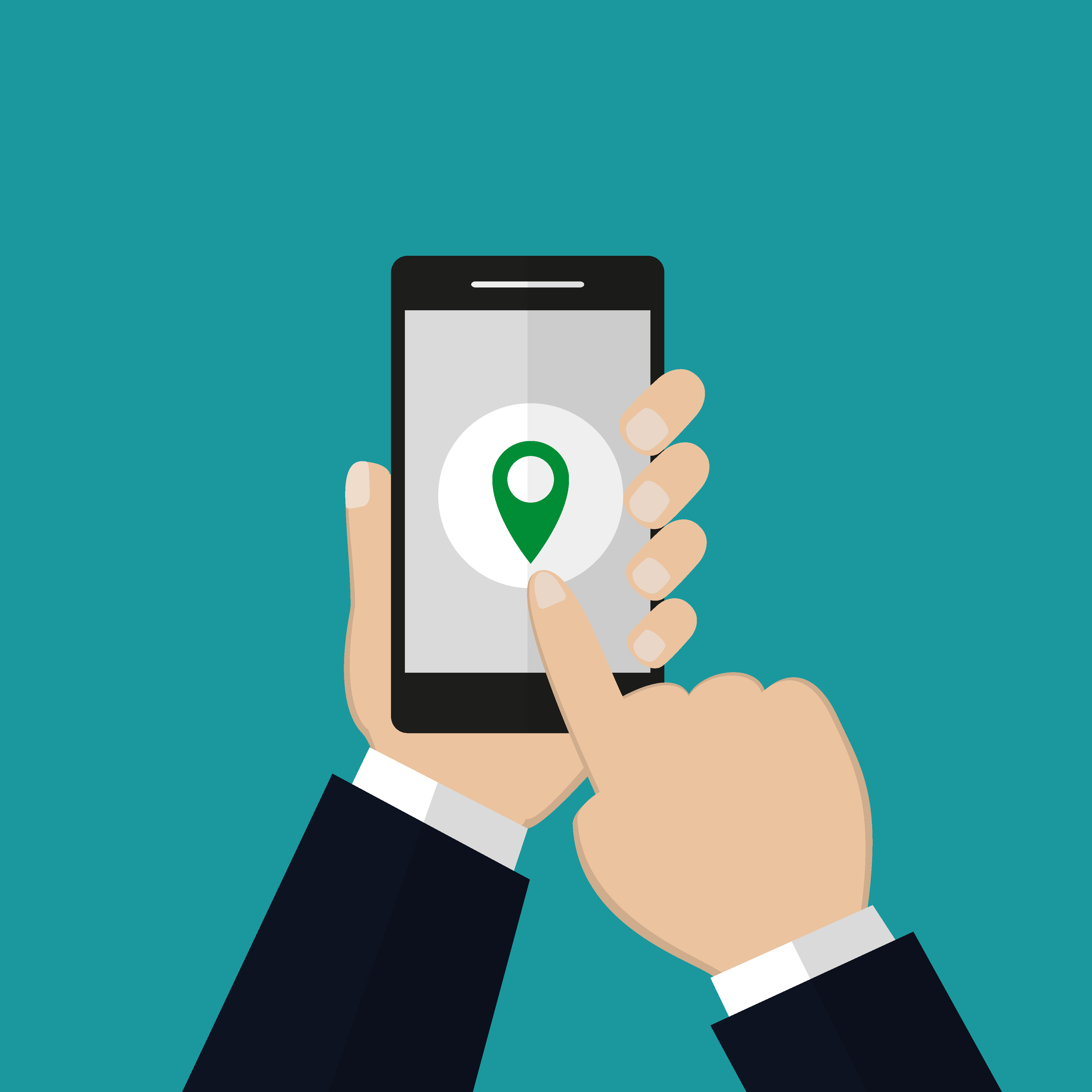Islamic GPS driving location-based augmented reality into the Islamic economy
ISLAMIC GPS |
|
| Founders |
Ikbal Hussain, Co-founder and Designer-Developer Anas Raza, Co-founder and Designer Mujahid Ali, C-founder and Product Manager |
| Headquarters | United Kingdom |
| Year established | 2015 |
| No. of employees | 5 |
| Downloads | 14,870 as at Mar 28, 2017 (88.8 percent iOS) |
| Social media stats (as of this writing) |
Facebook: 19,063 likes Twitter: 447 followers Instagram: 3,537 followers |
KEY INSIGHT |
Augmented and virtual reality are areas of opportunity for digital companies in the Islamic economy. As Islamic GPS is learning, the most immediate measures of success for AR and VR apps are: downloads, downloads, downloads. Thereafter, the start-up also highlights the importance of improving its product based on user feedback. It is a continuous and active, two-way process between developers and users.
OVERVIEW |
Beta released in 2015, Islamic GPS officially launched in the summer of 2016. Using location-based augmented reality, the app allows the user to find mosques and places of Islamic significance. The app currently focuses on Saudi Arabia, but includes data that allows it to be used worldwide.

Photo: Islamic GPS screenshot showing nearby mosques in Dubai, UAE
ACCOMPLISHMENT |
Ranked among the top 10 apps in the travel category on the App store in Malawi, Pakistan, and Sri Lanka
OPPORTUNITIES BEING ADDRESSED |
Advances in augmented and virtual reality
The virtual reality market is predicted to hit $30 billion by 2020, by which time, it is forecasted, virtual reality will transition from early adopters to mass consumers.
“With the rise of augmented reality and virtual reality, we're tapping into a new market which people are fascinated by and will change the way people discover places,” said Islamic GPS founder Ikbal Hussain to Salaam Gateway.
In the Islamic economy, rival app Mecca 3D, from Germany-based independent game developer Brainseed Factory, is still in development, and 1001 Inventions has toured its AR interactive exhibits showcasing the ‘Golden Age’ of Muslim civilization.
Digitally-savvy millennial Muslims
Millennials, who globally account for $2.45 trillion of consumer spend, are recognized as a digitally-savvy group. Millennial Muslims, equally digitally connected, are set to grow much faster than the rest of their cohort.
COMPANY STRATEGY |
Bootstrapping and self-funding
The founders have self-funded the business. “We are currently bootstrapping and investing in the business ourselves to ensure we have maximum flexibility in what we want to build, and look to raise initial capital when we get a certain amount of usage on the app and proved utility use of the app,” said Hussain.
According to Hussain the start-up is looking to get more than 100,000 downloads of its app to give it a good amount of exposure and feedback from users.
Revenue model
At the current stage the company is focusing on building a solid app that provides value for users. Once the company has a large user base, it plans to reach out to online travel agencies as well as to on-the-ground tour companies and guides to offer paid advertising.
Relying on data available online supplemented by on-the-ground resources
In order to collect the data on landmarks and mosques, the company relied on information available online and supplemented it with information gathered by their on-the-ground resources in target cities, mainly Mecca and Istanbul.
“Google Maps is just one source for mosques … we manually add specific landmarks with Islamic significance for people travelling to Muslim countries,” said Hussain.
“So if you go to Mecca or Istanbul, you’ll be able to see a variety of interesting landmarks,” he added.
User feedback on Islamic GPS used in Brazil, posted on Instagram
CHALLENGES |
Augmented and virtual reality are new areas
While augmented and virtual reality have rapidly advanced in the past few years, they are still very new fields. Their entrance into the mainstream was driven by the global popularity of location-based augmented reality mobile game Pokemon Go. Developing a product in this space, while very exciting and presenting rich market opportunities, can be a challenge as there are not many precedents.
“Pokemon Go allows interactive moving elements with the Pokemon and the surroundings. Islamic GPS is at the beginning of this journey. We have pushed a small part of the app, which is only a small part of our grand vision to bring innovation to the forefront of Muslim travel and adventure,” said Hussain.
PLANS FOR THE FUTURE |
The company plans to expand to more countries and increase the data on the app, including working with tourism companies to create packages and itineraries that help travelers discover the places they showcase. The app developers also plan to include information on halal restaurants and local events.
“We’re hoping for big things in the coming year, where we have validated our minimum viable product, and understood what people like and what people dislike,” explained Hussain.
“Next action is for us to build what people have feedbacked to us to say what is useful and see how we can grow in more and more countries and spread the knowledge of Islam through discovery and adventure.”
© SalaamGateway.com 2017 All Rights Reserved

DinarStandard